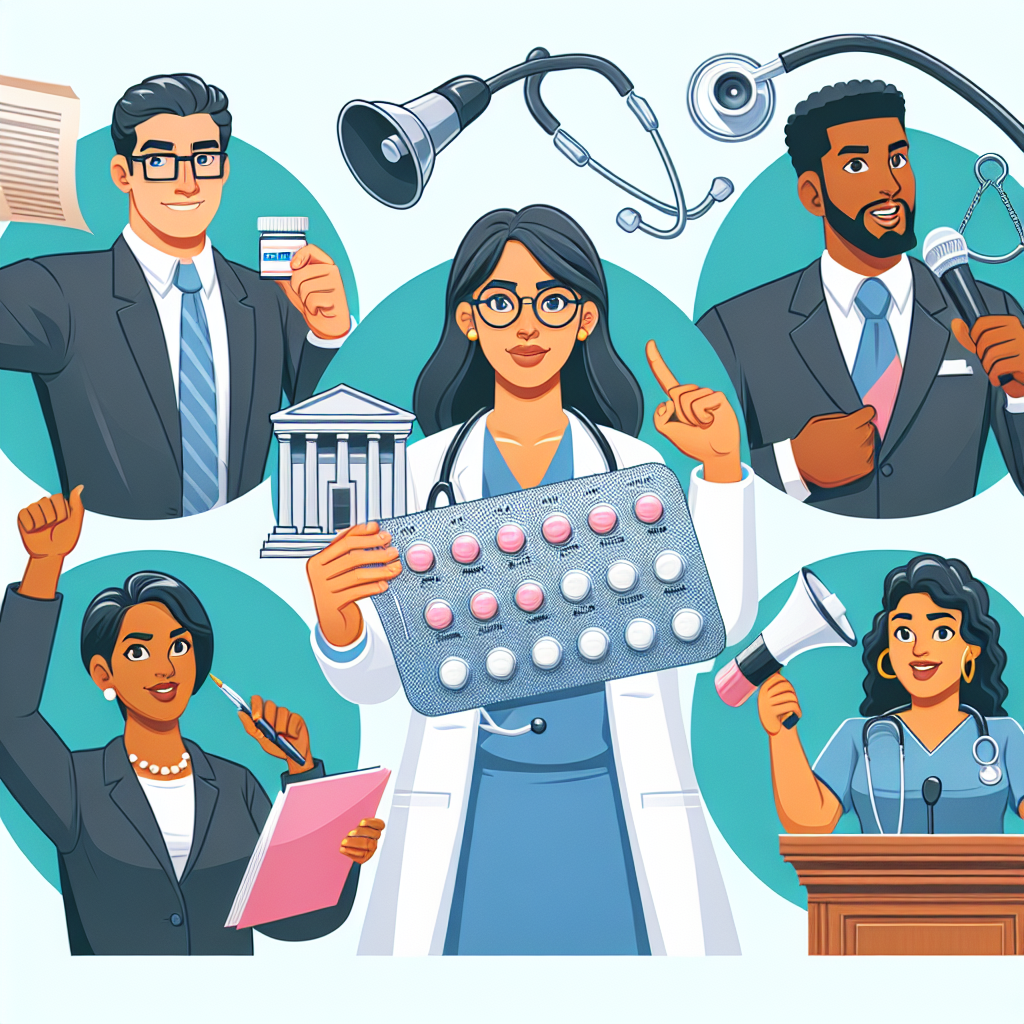WHO Report Highlights Contraception’s Role in Women’s Health and Equality
The report underscores the critical role of contraception in reducing high-risk pregnancies and lowering maternal morbidity and mortality.

A new evidence brief from the United Nations’ Special Programme in Human Reproduction (HRP) and the World Health Organization (WHO) consolidates extensive research on the transformative impact of modern contraceptives. Drawing on six systematic reviews, the report demonstrates that contraceptive use delivers far-reaching benefits beyond family planning—improving health outcomes, advancing gender equality, and supporting socioeconomic development.
Health Benefits: Reducing Risks and Saving Lives
The report underscores the critical role of contraception in reducing high-risk pregnancies and lowering maternal morbidity and mortality. Women using modern contraceptives are 30% less likely to experience high-risk pregnancies. In countries such as Bangladesh and Brazil, widespread access to contraceptives has directly contributed to significant declines in maternal deaths, illustrating the life-saving potential of family planning services.
Contraception also provides protection against certain cancers. Evidence shows:
-
Oral contraceptive users have a 36% lower risk of ovarian cancer.
-
They also experience a 44% reduction in endometrial cancer risk.
-
There is a slight increase in cervical cancer risk, though this can be mitigated through HPV vaccination and regular screenings.
These findings highlight contraception’s broader health benefits, extending well beyond reproductive health.
Menstrual and Mental Health Outcomes
Contraceptives play an important role in menstrual health. Women using hormonal methods report fewer instances of:
-
Severe menstrual pain.
-
Abnormal bleeding.
-
Symptoms related to endometriosis.
These improvements contribute to a better quality of life and reduce absenteeism from both work and school.
On mental health, outcomes vary depending on women’s health history. For women with pre-existing conditions, contraceptive use is linked to reduced anxiety and depressive symptoms. However, certain methods, such as implants and hormonal IUDs, may slightly increase the risk of depression in women without prior mental health issues. The report stresses the importance of personalized contraceptive counselling that integrates both physical and mental health considerations.
Empowerment and Socioeconomic Impact
Beyond health, contraception is strongly linked to empowerment and economic participation. Two systematic reviews highlighted that access to modern contraceptives enhances:
-
Decision-making power within households.
-
Control over financial resources.
-
Participation in education and the workforce.
Among adolescents and young women, empowerment initiatives paired with contraceptive access reduced teenage pregnancies by more than 50%, dramatically improving opportunities for continued education and employment.
The evidence confirms that contraceptive access is not simply a medical service—it is a foundation of gender equality and sustainable development.
Policy Implications: A Call to Action
The WHO brief concludes with an urgent call to governments and policymakers to:
-
Ensure universal access to family planning services.
-
Integrate empowerment strategies into reproductive health programs.
-
Tailor services to the needs of adolescents and young women.
-
Train healthcare providers and strengthen health systems.
-
Address mental health as part of contraceptive counselling.
While the benefits of contraceptives are well documented, the report identifies gaps in long-term research, particularly concerning women with underlying health conditions. Continued investment in research is essential to strengthen policies and improve service delivery.
Contraception as a Cornerstone of Development
“The evidence reaffirms that contraceptive access is not merely a health intervention—it is a cornerstone of gender equality, economic development and public health,” said Pascale Allotey, Director of HRP and WHO’s Department of Sexual, Reproductive, Maternal, Child and Adolescent Health and Ageing (SRMCAHA).
With just five years left to meet global health and development goals, the report calls for accelerated action, greater investment, and stronger political will to ensure that every woman and adolescent girl has access to safe, reliable, and affordable contraceptives.










